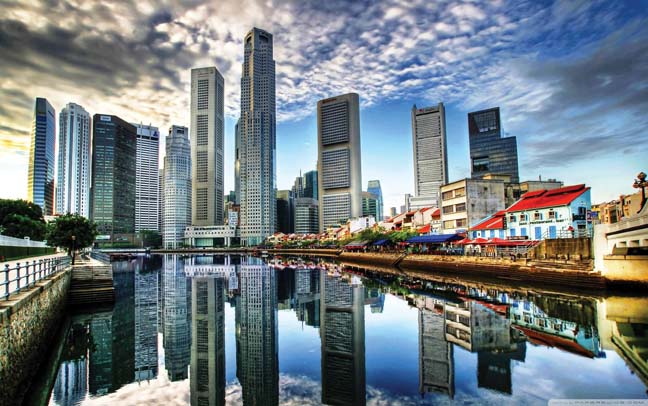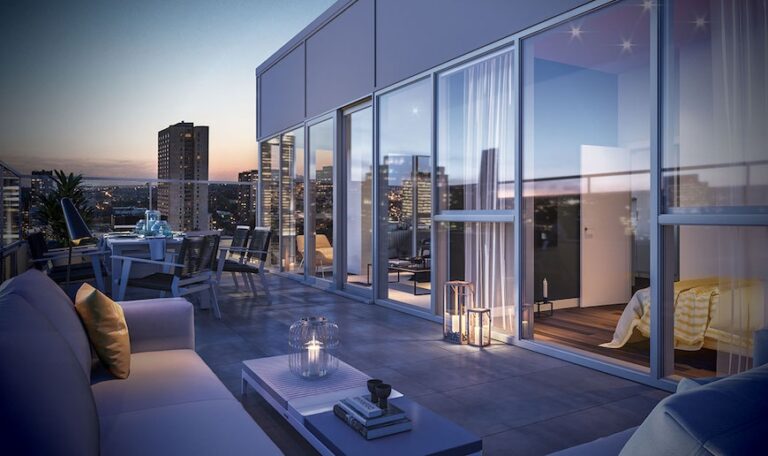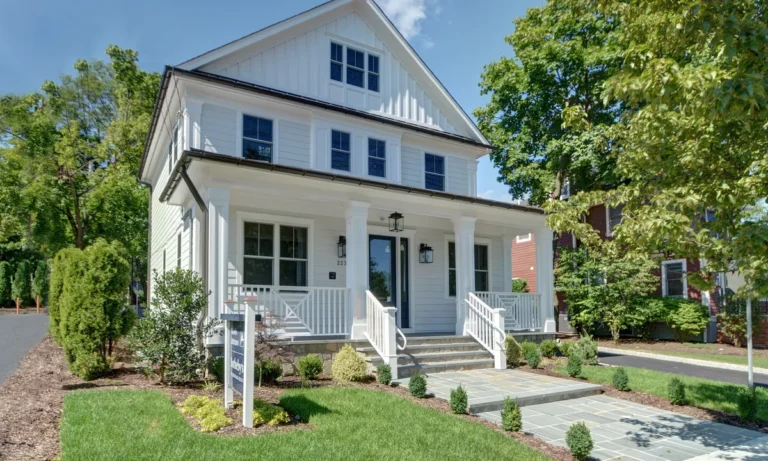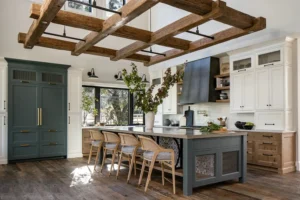Table of Contents
ToggleSamantha had always dreamed of owning her own home in the heart of Singapore. Growing up, she saw the skyline transforming year after year, with new condominiums and office buildings popping up across the city. But in 2024, when she finally set out to buy her first apartment, she faced a market like no other—prices were skyrocketing, new cooling measures were being introduced, and competition for homes was fierce. Her story is just one of many in the current housing market in Singapore, where the dream of homeownership has become both an aspiration and a challenge.
Samantha’s experience reflects the broader narrative of Singapore’s real estate market. It’s a story of growth, transformation, and adaptation. Let’s dive deeper into what’s shaping the property landscape in this island nation.
The Current State of Singapore’s Real Estate Market
Singapore’s real estate market is often described as one of the most dynamic and resilient in the world. Despite global economic uncertainties, the city-state’s property prices continue to rise. According to the Urban Redevelopment Authority (URA), the price index for private residential properties grew by 3.5% in Q2 2024, continuing an upward trend for several years.
Foreign buyers, drawn by Singapore’s political stability, strong economy, and strategic location, are significant players in this market. Foreign home purchases accounted for 20% of private property transactions in 2023, a considerable increase compared to previous years. Coupled with the growing demand from Singapore’s middle class, this has led to a highly competitive market.
Government Cooling Measures: A Balancing Act
In response to these trends, the Singapore government has implemented several cooling measures to ensure that the property market remains sustainable and affordable for its citizens. These include raising the Additional Buyer’s Stamp Duty (ABSD) for foreign and second-home buyers and tightening loan-to-value limits for property loans.
Yet, despite these efforts, housing affordability remains a critical issue. According to a study by Oxford Economics, Singapore is among the top five most expensive housing markets globally, with housing prices outpacing wage growth. The government’s approach has been to balance curbing speculative demand and ensuring that property ownership remains an attainable goal for Singaporeans.
Luxury Market: A Haven for the Ultra-Wealthy
While the broader market faces affordability challenges, Singapore’s luxury real estate segment thrives. High-net-worth individuals (HNWIs) and ultra-high-net-worth individuals (UHNWIs) are drawn to Singapore’s prime districts, such as Orchard Road, Sentosa Cove, and Marina Bay. Recent reports show that prices for luxury condominiums have increased by 10% in the past year.
Singapore’s status as a global financial hub, with its efficient infrastructure and strong rule of law, makes it a magnet for wealthy international buyers, especially from China, Indonesia, and Malaysia. With limited land availability, luxury developments are in high demand, and the scarcity of high-end properties continues to drive up prices.
HDB Market: Affordable or Out of Reach?
On the other end of the spectrum, the Housing & Development Board (HDB) flats, which house over 80% of Singapore’s population, are considered the more affordable option. However, even HDB resale prices have been climbing steadily. In 2023, the HDB Resale Price Index increased by 8.9%, the highest annual increase in a decade.
This surge in resale prices has led some to question whether HDB flats still fulfill their original purpose of providing affordable housing. Although grants and subsidies are available for first-time buyers, middle-income Singaporeans find it increasingly challenging to afford larger HDB units, especially in famous estates like Queenstown and Bishan.
Shifts in Buyer Preferences: Green Spaces and Smart Homes
The pandemic has significantly altered buyers’ expectations for property. Many prioritize green spaces, wellness features, and proximity to nature reserves like Bukit Timah and East Coast Park. Developers also cater to these preferences by integrating sustainable designs like solar-powered amenities and eco-friendly building materials.
Furthermore, smart home technology is becoming a must-have feature in new condominiums and landed properties. Home automation systems, energy-efficient appliances, and digital security features are now major selling points, particularly for younger buyers who are tech-savvy and environmentally conscious.
Challenges Ahead: Inflation and Interest Rates
While Singapore’s real estate market has remained resilient, challenges are on the horizon. Rising inflation and interest rates have increased borrowing costs, potentially slowing home demand. According to the Monetary Authority of Singapore (MAS), mortgage rates have risen from 1.5% to 4.0% in the past year, making housing loans more expensive and reducing buyers’ purchasing power.
This trend pressures private and public housing sectors as homebuyers defer their purchases or opt for smaller units to manage their financial commitments. Experts predict that this could lead to a slower growth rate for property prices in the coming years. However, a significant correction is unlikely due to the continued demand from foreign buyers and limited land availability.
What the Future Holds for Singapore Real Estate
Looking ahead, the future of Singapore real estate market remains bright but uncertain. The government’s Master Plan 2030 outlines ambitious development projects, such as the Greater Southern Waterfront, which will transform old port areas into vibrant residential and commercial hubs. This plan aims to increase the housing supply and create new job opportunities, all while ensuring that Singapore’s urban landscape remains sustainable and livable.
However, the long-term success of these initiatives will depend on how well the market adapts to evolving economic conditions, technological advancements, and shifting buyer preferences. For those like Samantha who dream of homeownership in Singapore, these broader forces will undoubtedly shape their journey.
Conclusion: Navigating the Market
Samantha’s story is just one chapter in the larger narrative of Singapore’s real estate market. Buyers, sellers, and investors must stay informed and adaptable as the market evolves. Whether you’re looking to purchase your first HDB flat, invest in a luxury condominium, or understand the trends shaping Singapore’s property market, one thing is clear: real estate in Singapore is as dynamic as ever, offering opportunities and challenges in equal measure.















